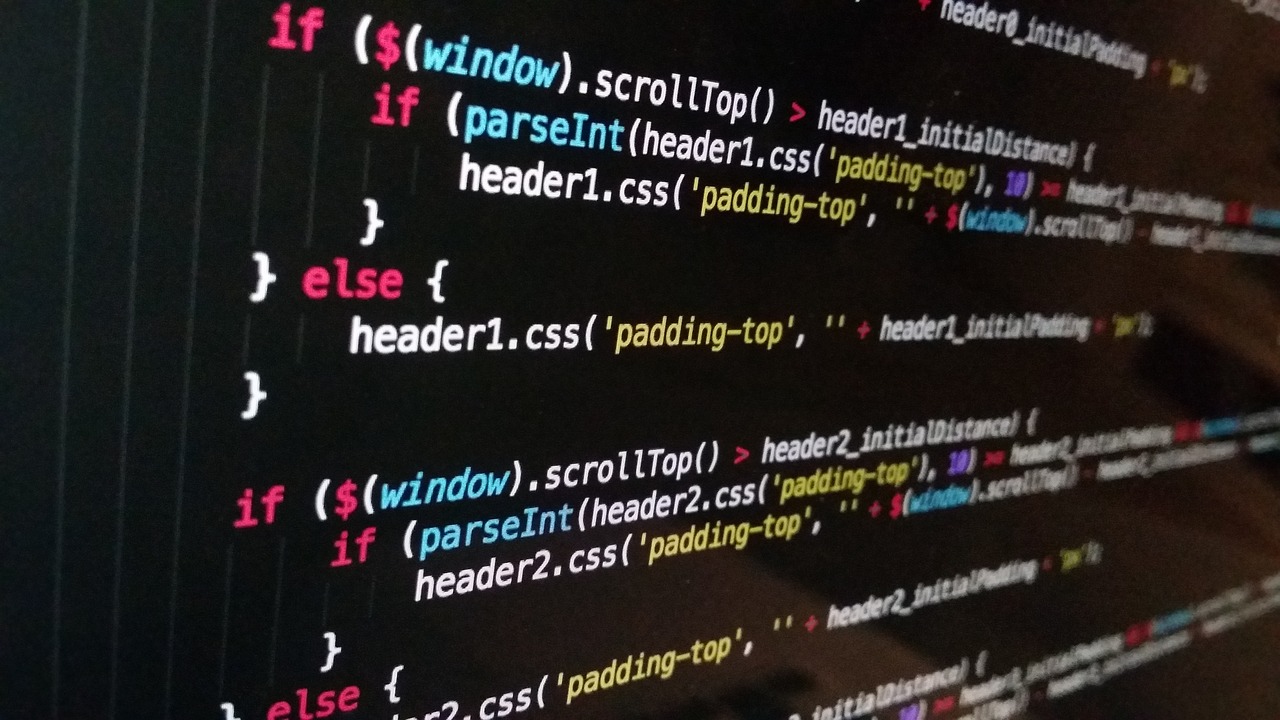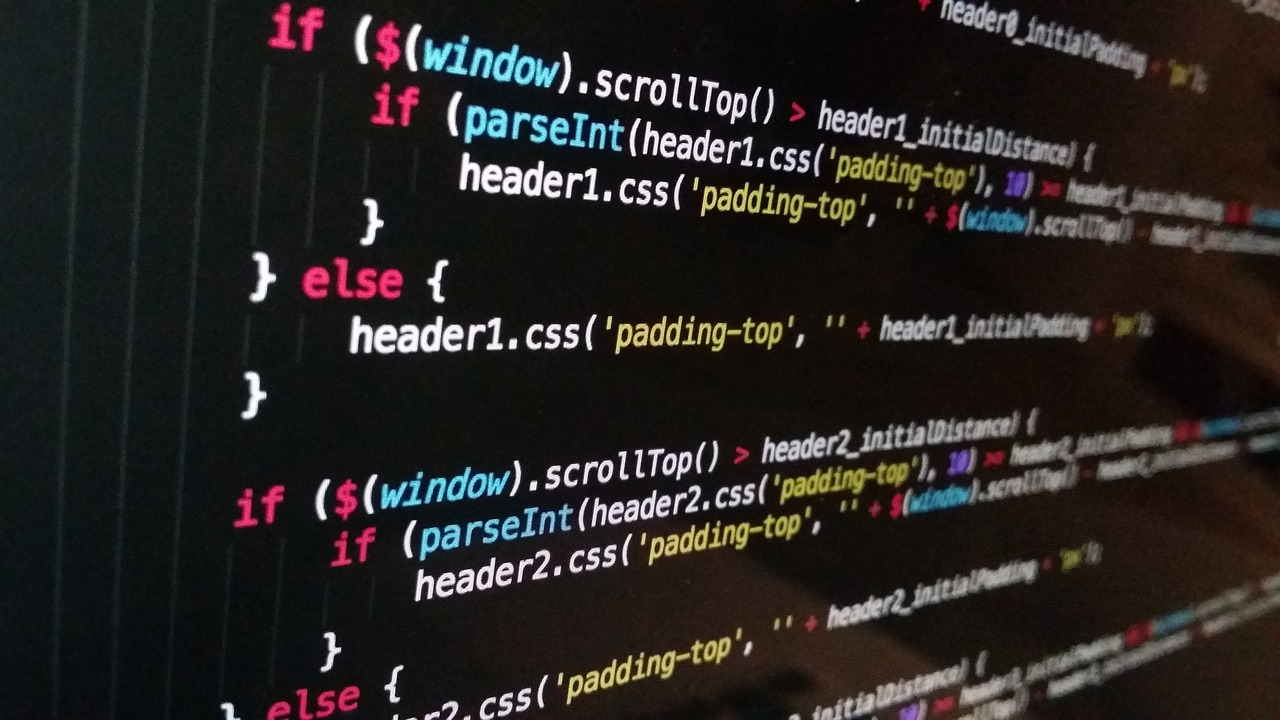How to Stop Procrastinating: Psychology-Based Tips to Boost Your Productivity
Summary: Learn effective strategies to stop procrastinating, stay focused, and boost your personal and professional productivity.

Procrastination is one of the biggest barriers to productivity, both personally and professionally. Whether it's putting off work, delaying life admin, or avoiding creative projects, the cycle of avoidance can feel endless. If you're searching for how to stop procrastinating, this guide will offer psychology-backed strategies to help you overcome inertia and reclaim your time. Ever found yourself scrolling through your phone instead of tackling that one important task? You’re not alone—and science has some answers.
Understand Why You Procrastinate
To overcome procrastination, you first need to understand its root causes. It's not just laziness—it often stems from fear, perfectionism, or lack of motivation. Here are some psychological triggers to look out for: Fear of failure: Avoiding tasks because you're afraid the result won't be good enough. Task aversion: Putting off boring, unpleasant, or overwhelming tasks. Low self-efficacy: Not believing you're capable of completing the task successfully. Instant gratification: Choosing short-term pleasures over long-term goals. Awareness is the first step. Once you recognize what’s triggering your delay, you can begin to counteract it with specific productivity tips.

Science-Backed Strategies to Beat Procrastination
Research in psychology offers several actionable ways to shift from procrastination to productivity. Try implementing the following: The 2-Minute Rule: If a task takes less than two minutes, do it immediately. Break It Down: Divide large tasks into smaller, manageable steps. Success builds momentum. Time Blocking: Allocate specific blocks in your calendar to work on certain tasks. Pomodoro Technique: Work in focused 25-minute intervals followed by 5-minute breaks. Implementation Intentions: Pre-plan your tasks with “if–then” scenarios (e.g., "If it’s 9 a.m., then I’ll start writing"). Remove Distractions: Use tools like website blockers or set your phone to 'Do Not Disturb'. Example: Instead of writing “Finish report,” break it into: Outline key points Write intro Complete first section These science-based tools help rewire your habits and make it easier to stop procrastinating effectively.

Build Long-Term Habits That Support Productivity
True change doesn’t happen overnight—it comes from building sustainable habits that minimize procrastination over time. Here’s how to stay on track: Create a Morning Routine: Set the tone early with small wins like journaling or stretching. Set SMART Goals: Make them Specific, Measurable, Achievable, Relevant, and Time-bound. Track Progress: Use habit trackers or journals to reflect on daily successes. Reward Yourself: Celebrate small achievements to boost dopamine and motivation. Be Kind to Yourself: Self-criticism often makes procrastination worse. Practice self-compassion and get back on track. With consistent effort, these long-term strategies help you reshape your relationship with work and focus.
Conclusión
Procrastination is more about emotion than effort. By understanding its psychological roots and applying proven productivity tips, you can gradually reclaim your focus and motivation. Use these methods to start small, stay consistent, and transform your approach to getting things done. Want real results? Choose one strategy from this list today—and commit to trying it for a week.
Comentarios
Publicar un comentario